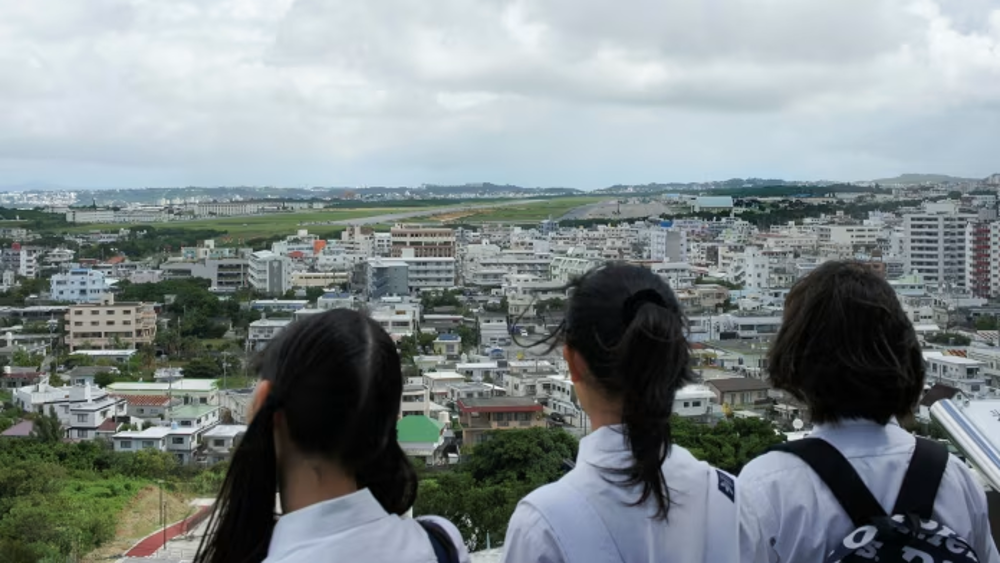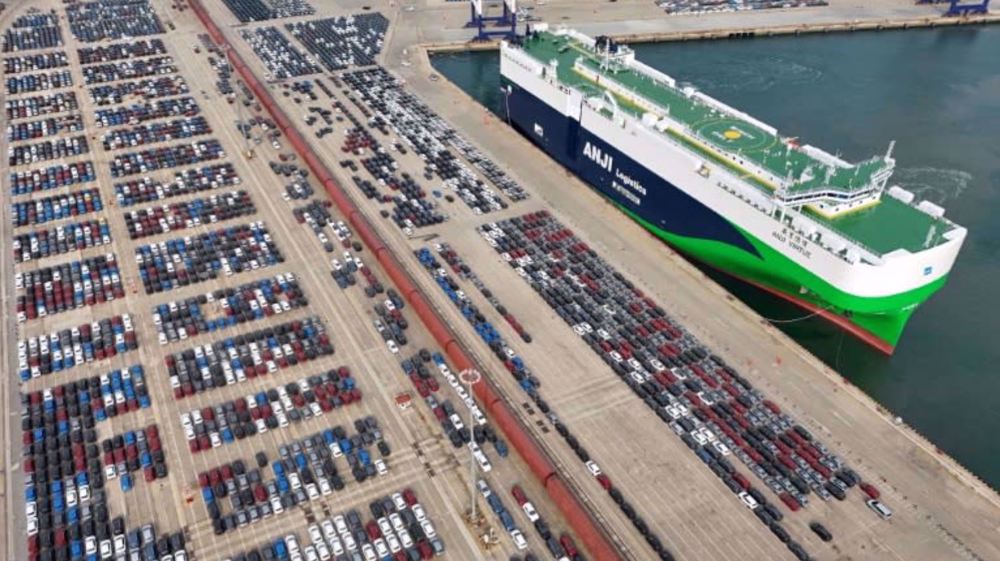Aussie PM rebuffs call for more refugee intake
Australian Prime Minister Tony Abbott has rejected a request for his government to open the doors of the country to more refugees from Syria, which has been gripped by a deadly foreign-sponsored crisis since March 2011.
“We are a country which takes our international obligations seriously, (and) on a per capita basis we actually take more refugee humanitarian intake than any other country,” Abbott told reporters in the southern Australian city Hobart on Saturday.
The remarks came hours after Australian Greens Leader Richard Di Natale called on Canberra to initiate an emergency intake of 20,000 refugees fleeing the violence in Syria.
Di Natale said attitudes towards asylum seekers had reached a turning point following distressing images of young children being washed up on beaches in Europe, stressing that Australia had the capacity to do much more to address the current refugee crisis.
He was referring to three-year-old Syrian boy Aylan Kurdi who died along with his mother and 5-year-old brother in a desperate voyage from Turkey to Greece earlier this week. The image of Aylan’s lifeless body lying face-down on a beach near Turkish resort of Bodrum stirred public outrage at Europe’s handling of the refugee crisis.
“I just say to Tony Abbott, if you have a skerrick of compassion, of decency, of humanity - you would support the Greens’ call and immediately welcome 20,000 Syrian refugees who desperately need our help,” he said.
In response, however, the Australian premier said that he will not bow to the Greens’ call for more refugee intake.

The development comes as the Australian government has been under fire in recent years both at home and abroad for its strict immigration policies and treatment of refugees, among them detaining asylum seekers in offshore facilities in inhumane conditions.
Most of the refugees who risk their lives to reach Europe are reportedly fleeing conflict-hit zones in Africa and the Middle East, particularly Syria.
About 2,500 of the more than 300,000 people who have used sea routes to reach Europe this year have died, the UN High Commissioner for Refugees says.

Two US marines accused of raping Japanese women in Okinawa

China deploys naval group in warning to US, Philippines over drills

China ‘firmly’ opposes countries making trade agreements with US at its expense
Trump poised to sell arms worth $100 billion to Saudi Arabia: Report
'War is defeat': Pope Francis will be remembered for his moral stand on Gaza
Cases of Esfandiari and Hazamy: France’s quiet war on Muslim, Iranian, pro-Gaza voices
VIDEO | India-Pakistan tension
Indonesia, Iran stress commitment to expanding relations
Israel threatens 'larger' war on Gaza with new evacuation orders
Senior diplomats from Iran, Russia, China hold talks with IAEA chief
Two US marines accused of raping Japanese women in Okinawa







 This makes it easy to access the Press TV website
This makes it easy to access the Press TV website